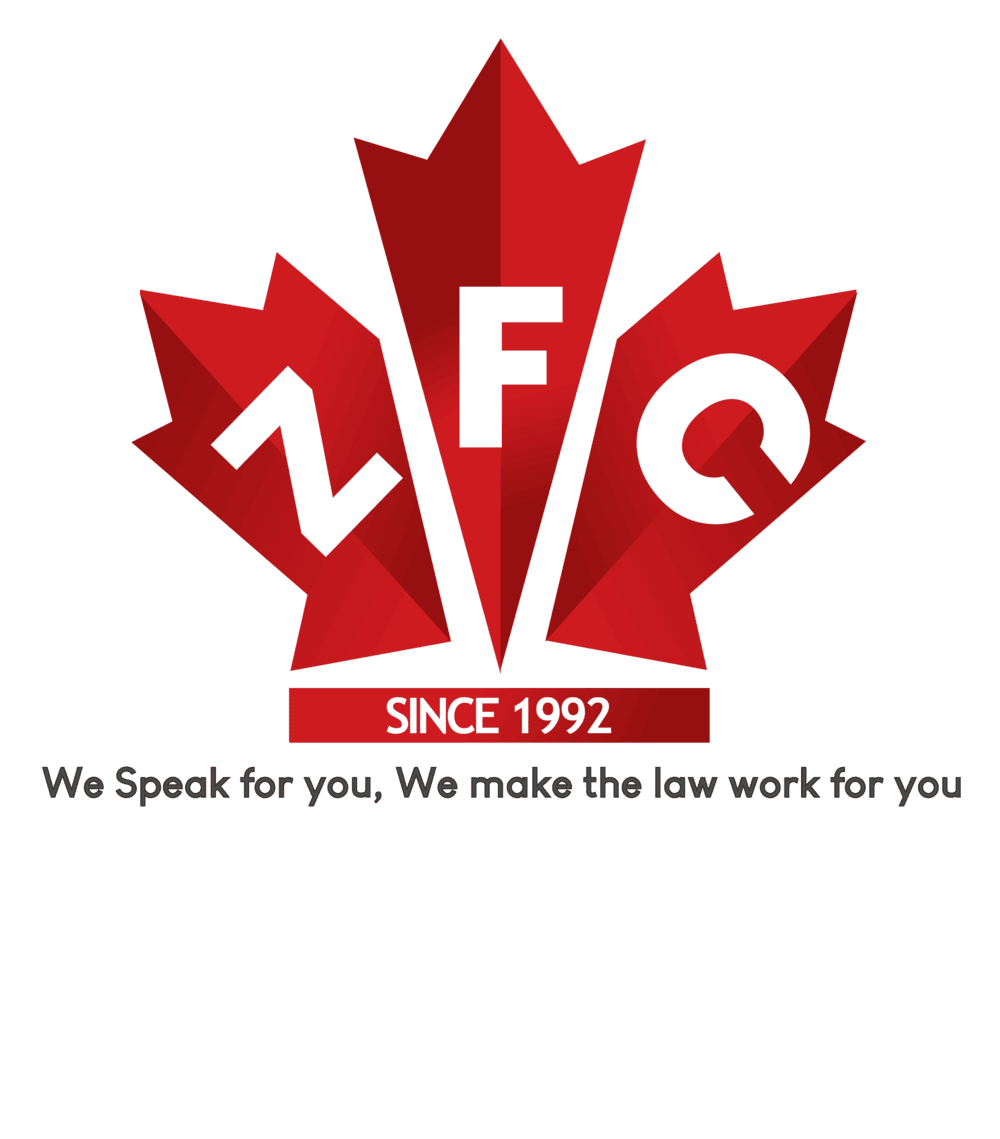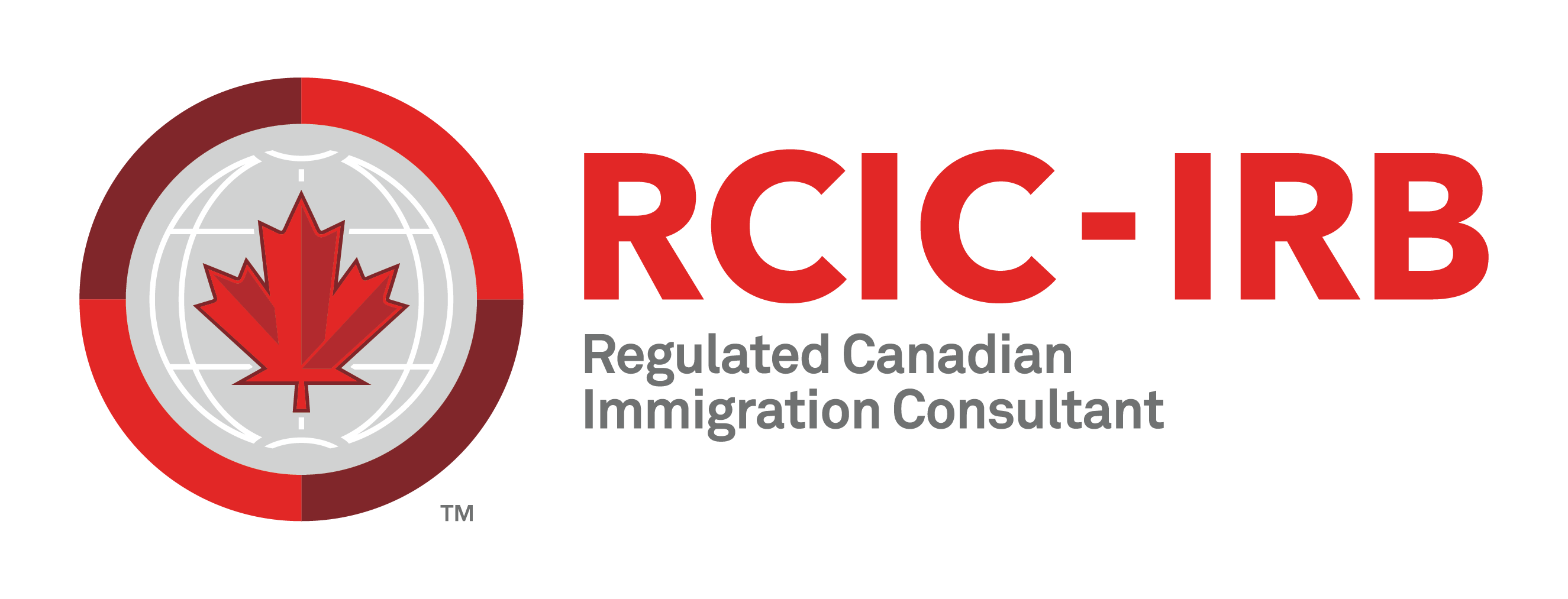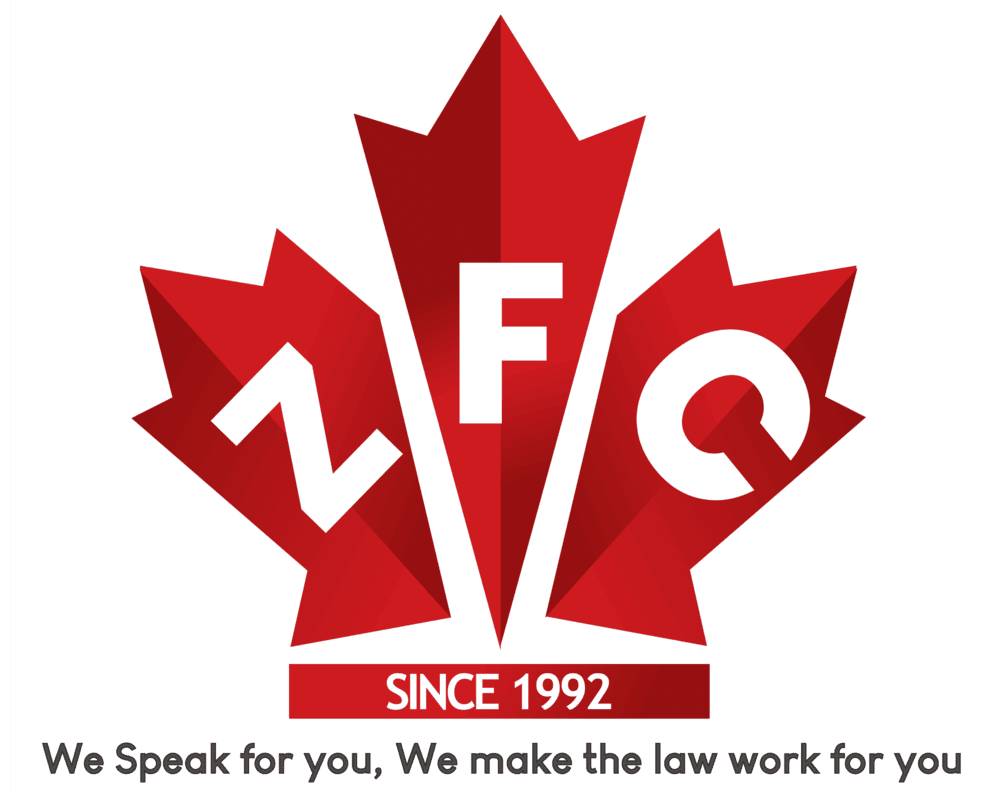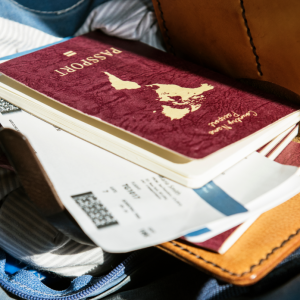For foreign nationals seeking to immigrate to Canada, correctly claiming work experience can make or break their chances of getting Canadian permanent residency.
Work experience is necessary to qualify for many PR pathways, and both Canadian and foreign work experience factor into scoring under the Comprehensive Ranking System (CRS) for Express Entry candidates.
In this article, we’ll cover common reasons that IRCC officers may question your work experience, and will provide potential steps that permanent residence (PR) applicants can take to clear up misunderstandings for each.
See your eligibility for all Express Entry streams
Questions around whether the appropriate National Occupation Classification (NOC) was chosen by the applicant
In some cases, an officer may not be satisfied that you’re correctly classified your work experience. In these cases, you’ll need to provide additional evidence that your work experience corresponds to the National Occupation Classification (NOC) code in question.
The Canadian government uses the NOC system to categorize occupations.
Express Entry candidates and applicants for PR must choose the NOC code* that is most relevant to each occupation in which they claim work experience. This must be disclosed in both the candidate profile, for EOI candidates (before foreign nationals receive an invitation to apply (ITA) for PR), and in the application for PR.
A significant part of picking the correct NOC for your work experience is ensuring you have performed all the actions described in the lead statement, and a substantial amount of the main duties of your chosen NOC (including all the essential duties) over the course of your work experience.
If an immigration officer is unsatisfied or has questions regarding the applicability of your chosen NOC, you may wish to add further supporting documentation to demonstrate that the roles and responsibilities applicable to your work experience match those of the NOC you have chosen.
Here are some examples of documentation that might be relevant:
- A note from your employer attesting that you have performed the necessary work as outlined in the lead statement and main duties of the NOC you have chosen.
- Photographic evidence of you performing work that aligns with your chosen NOC.
- Receipts, or professional records that detail work done by you, aligning with your chosen NOC.
- For regulated occupations: certificates of qualification detailing that you are eligible to practice work that aligns with the lead statement and main duties of your chosen NOC.
If you are self-employed, acceptable documentary evidence of your work experience may include articles of incorporation or other proof of business ownership, records of self-employment income, and documentation from third-party individuals outlining the service provided, along with payment details.
Self-declared main duties or affidavits are not accepted as valid proof of self-employed work experience.
Questions around self-employment and Canadian work experience
Many Canadian immigration streams do not recognize self-employed work experience as eligible work experience. In addition, if you claim Canadian work experience (which can greatly increase a foreign national’s eligibility for Canadian immigration), you may need to prove to the reviewing immigration officer that you were lawfully employed.
This is particularly important for PR applicants through the Canadian Experience Class (CEC), under which self-employed work experience is ineligible, and Canadian work experience is a qualifying eligibility factor.
In cases where Canadian work experience is claimed, and self-employed work experience is ineligible, you must demonstrate to an IRCC that your skilled work experience in Canada was obtained through authorized employment by a third party.
If IRCC requires you to further demonstrate your employment with an authorized third party in Canada, you can include documentation like:
- Copies of your most recent T4 tax information slips;
- Notice of Assessment (NOA) issued by the Canada Revenue Agency (CRA); or
- A sufficient combination of other supporting documentation to this effect, for example, employer reference letters covering all claimed periods of qualifying work experience.
In cases where a T4 or NOA is not available, alternative documents that may help validate the applicant’s Canadian work experience include
- An employment record or letter from the Canadian employer;
- Employment contracts; and/or
- Pay stubs.
To assess whether you were an employee or self-employed during your claimed Canadian work experience, IRCC officers will evaluate a number of factors, including the following:
- The extent of your control or independence regarding how and when the work was carried out, and the methods used to complete the tasks.
- Whether you own or supply the tools and equipment used to perform the work.
- The level to which you are required to carry out the work personally, and whether you are permitted to subcontract or hire others to assist with completing the tasks.
- The degree of financial risk undertaken by you, such as needing to make investments to complete the work or deliver services, and whether the worker can make business decisions that influence the potential for profit or risk of loss (distinct from the opportunity to earn commissions or performance-based bonuses).
- Any other applicable considerations, including written contracts.
As such, documents that you can provide to better prove that you did not exercise a controlling interest in the company of your employment, did not subcontract workers, and had minimal financial investment in your employer’s company may prove beneficial in proving your legal employment with an authorized third-party.
Questions around work experience in a regulated profession
If you claim work experience in a regulated profession—that is, a profession such as law or medicine that requires licensing in the jurisdiction in which you worked—IRCC officers will want to establish that you were appropriately licensed in each jurisdiction in which you practiced in a regulated profession.
Often, when IRCC assesses your work experience in a regulated profession, they check to see what requirements are to practice in the regulated profession in the country where you are claiming work experience (whether in Canada or abroad), and what supporting information is available that you have met these requirements.
Note: In some PR applications, the onus may be on you (the applicant) to identify what requirements need to be met to practice your profession in the country you are claiming work experience.
In cases where IRCC officers have doubts about your work experience in a regulated profession, you may need to respond with documents that can corroborate that you have met professional requirements to practice, including
- Documents attesting to your work experience in the regulated profession, such as employment contracts, receipts for work rendered, reviews, and appraisals of work done;
- Foreign credentials earned over the course of becoming certified to practice your occupation abroad;
- Certificates of completion of education credentials to prepare you to practice your profession; and/or
- Offers of employment to work in the capacity of the chosen regulated profession.
Note: Though immigration officers generally follow standard procedures when assessing PR applications, queries or requests for further documentation are largely at the discretion of the reviewing immigration officer. In these instances, applications (and the degree to which applicants can clear up misunderstandings or provide satisfactory additional information) are reviewed at the discretion of the presiding IRCC official.
See your eligibility for all Express Entry streams











Leave A Comment
You must be <a href="https://zfcanada.com/wp-login.php?redirect_to=https%3A%2F%2Fzfcanada.com%2F2025%2F05%2F08%2Fhow-to-respond-to-an-ircc-officer-if-they-are-not-satisfied-with-your-work-experience%2F">logged in</a> to post a comment.